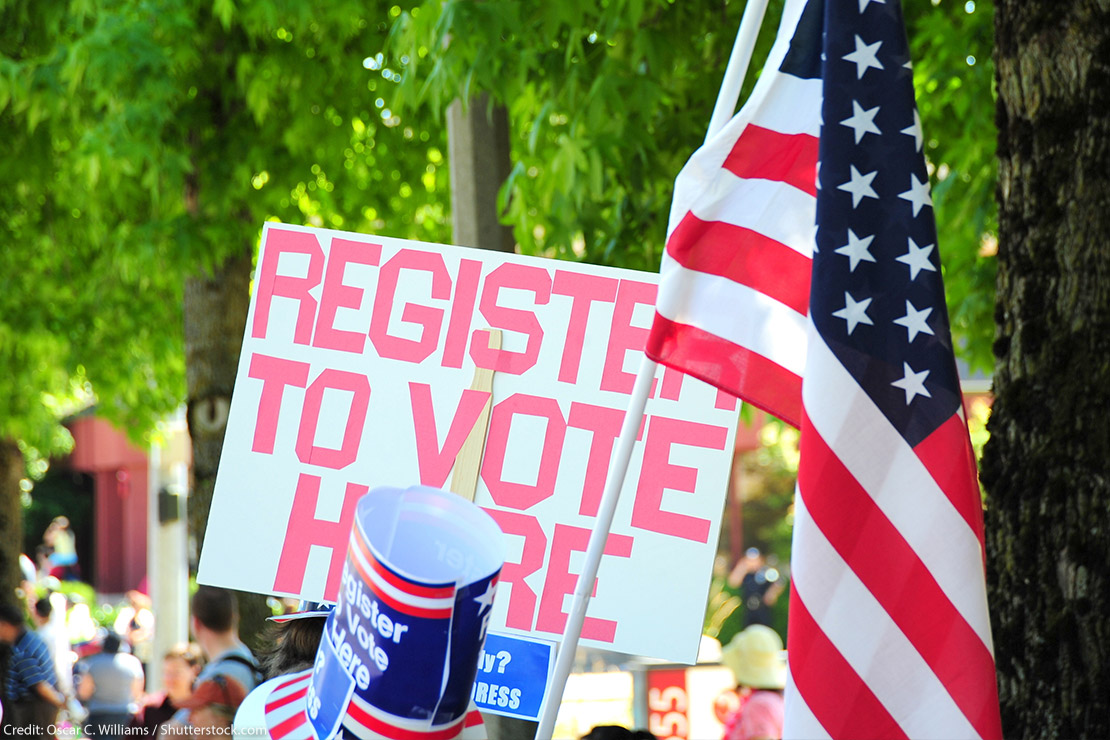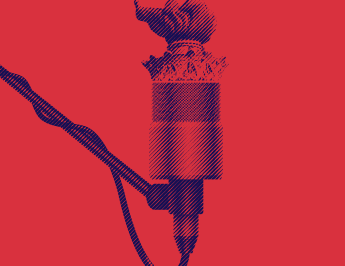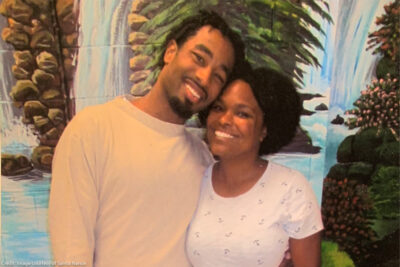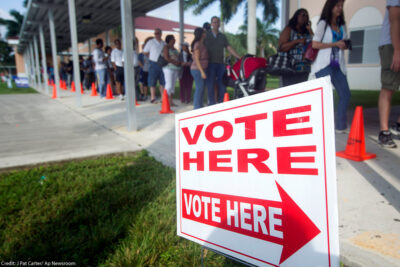Voter Restoration
The ACLU works in courts, legislatures, and communities to defend and preserve the individual rights and liberties that the Constitution and the laws of the United States guarantee everyone in this country.
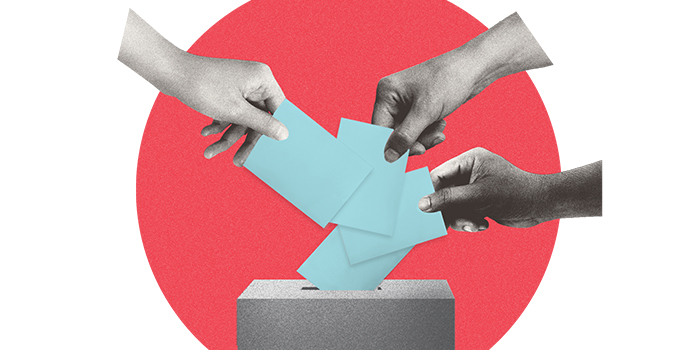
What you need to know
The Latest
Explore More
What's at Stake
Some states ban voting only during incarceration, or while on probation or parole. And other states and jurisdictions, like Maine, Vermont, and Washington, D.C., don’t disenfranchise people with felony convictions at all. The fact that these laws vary so dramatically only adds to the overall confusion that voters face, which is a form of voter suppression in itself.
Due to racial bias in the criminal justice system, felony disenfranchisement laws disproportionately affect Black and Brown people, who often face harsher sentences than white people for the same offenses. Many of these laws are rooted in the Jim Crow era, when legislators tried to block Black Americans’ newly won right to vote by enforcing poll taxes, literacy tests, and other barriers that were nearly impossible to meet. To this day, the states with the most extreme disenfranchisement laws also have long histories of suppressing the rights of Black people.
Some states ban voting only during incarceration, or while on probation or parole. And other states and jurisdictions, like Maine, Vermont, and Washington, D.C., don’t disenfranchise people with felony convictions at all. The fact that these laws vary so dramatically only adds to the overall confusion that voters face, which is a form of voter suppression in itself.
Due to racial bias in the criminal justice system, felony disenfranchisement laws disproportionately affect Black and Brown people, who often face harsher sentences than white people for the same offenses. Many of these laws are rooted in the Jim Crow era, when legislators tried to block Black Americans’ newly won right to vote by enforcing poll taxes, literacy tests, and other barriers that were nearly impossible to meet. To this day, the states with the most extreme disenfranchisement laws also have long histories of suppressing the rights of Black people.
